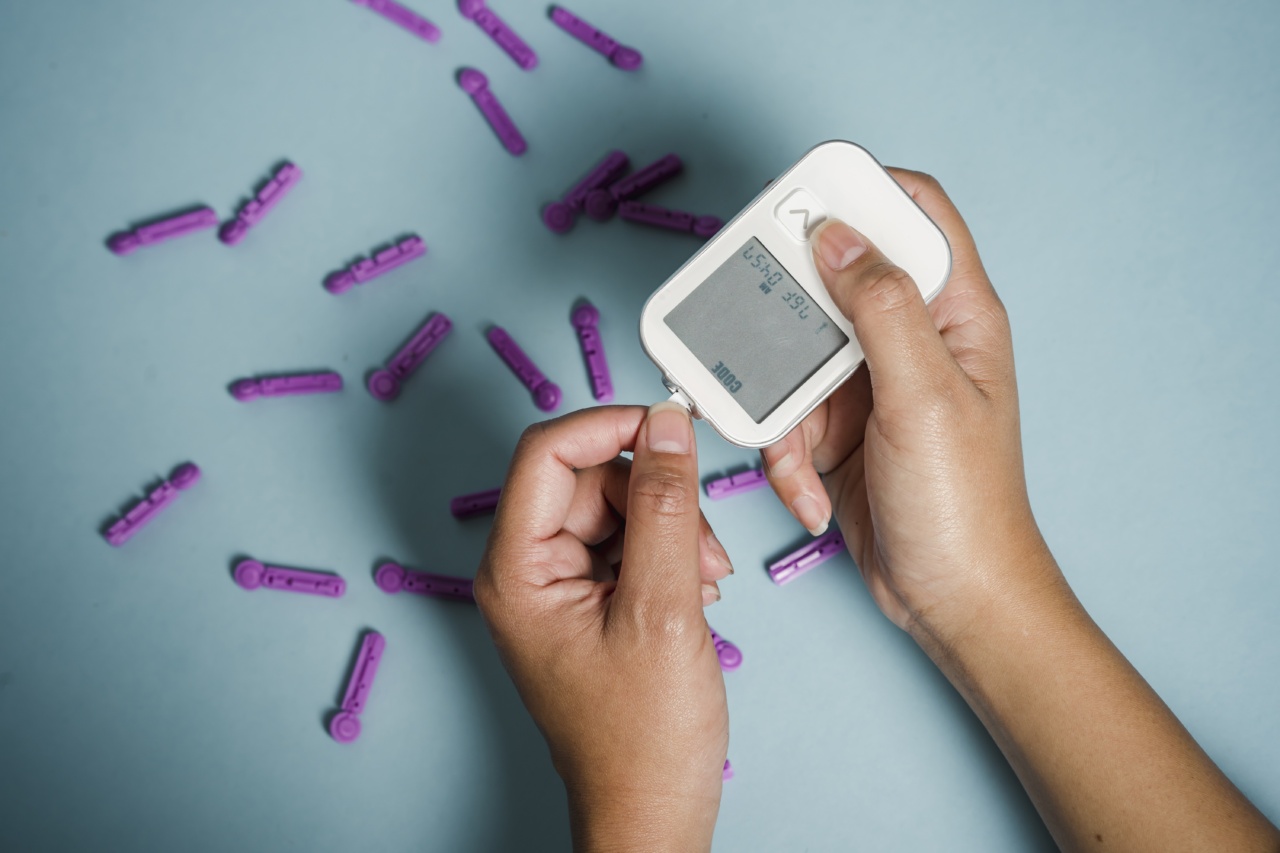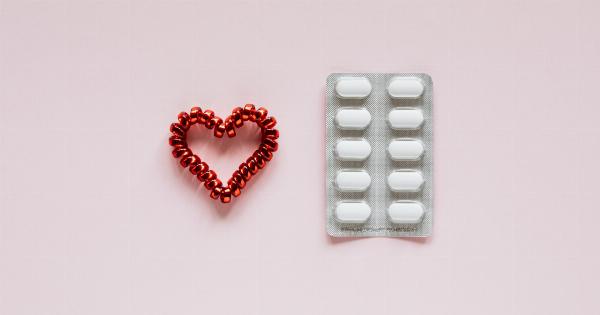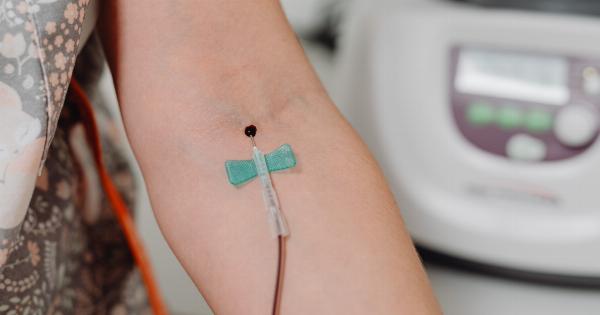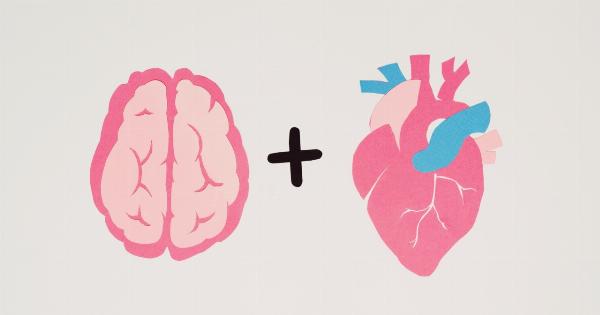When it comes to managing chronic conditions like diabetes, hypertension (high blood pressure), and high cholesterol, medication is often necessary.
While lifestyle changes such as a healthy diet and regular exercise play a significant role in managing these conditions, medication can help further control blood sugar, pressure, and cholesterol levels. In this article, we will discuss the different types of medication used to manage these conditions and how they work.
Blood Sugar Medication
There are many types of medication for managing blood sugar levels in people with diabetes. The most common medications include:.
Insulin
Insulin is a hormone that regulates blood sugar levels. It is usually prescribed for people with type 1 diabetes, but some people with type 2 diabetes may also need insulin. Insulin injections are taken one to four times a day, depending on your needs.
Insulin can be given through a syringe, pump, or pen.
Metformin
Metformin is an oral medication that is often prescribed for people with type 2 diabetes. It works by reducing the amount of glucose (sugar) produced by the liver and improving the body’s sensitivity to insulin.
Metformin is often taken once or twice a day with food.
Sulfonylureas
Sulfonylureas are a group of drugs that stimulate the pancreas to produce more insulin. They are often prescribed for people with type 2 diabetes. Sulfonylureas are usually taken once or twice a day with meals.
Blood Pressure Medication
Blood pressure medication is used to treat hypertension or high blood pressure. There are many types of blood pressure medication, including:.
Diuretics
Diuretics, also known as water pills, help the body get rid of excess salt and water, which can help lower blood pressure. They are often prescribed for people with high blood pressure. Diuretics are usually taken once or twice a day.
Beta-blockers
Beta-blockers slow down the heart rate and reduce the amount of blood that the heart pumps, which can lower blood pressure. They are often prescribed for people with high blood pressure or heart disease.
Beta-blockers are usually taken once or twice a day with meals.
ACE inhibitors
ACE inhibitors help relax blood vessels, which can lower blood pressure. They are often prescribed for people with hypertension or heart failure. ACE inhibitors are usually taken once or twice a day with food.
Cholesterol Medication
Cholesterol medication is used to lower high cholesterol levels. There are several types of cholesterol medication, including:.
Statins
Statins work by blocking a substance called HMG-CoA reductase, which the body uses to make cholesterol. They are often prescribed for people with high cholesterol or at risk of heart disease. Statins are typically taken once a day with food.
Fibrates
Fibrates help lower triglycerides, a type of fat found in the blood, and raise HDL (good) cholesterol levels. They are often prescribed for people with high triglycerides or low HDL cholesterol levels.
Fibrates are often taken once or twice a day with food.
Bile acid sequestrants
Bile acid sequestrants help lower LDL (bad) cholesterol levels by binding to bile acids in the intestines, which are then excreted from the body. They are often prescribed for people with high cholesterol levels.
Bile acid sequestrants are usually taken once or twice a day with meals.
In conclusion
Medication plays an important role in controlling blood sugar, pressure, and cholesterol levels. While lifestyle changes are important, medication can further improve your health outcomes.
It’s important to talk to your doctor or healthcare provider about any concerns you have about your medication and to follow their instructions carefully.






























